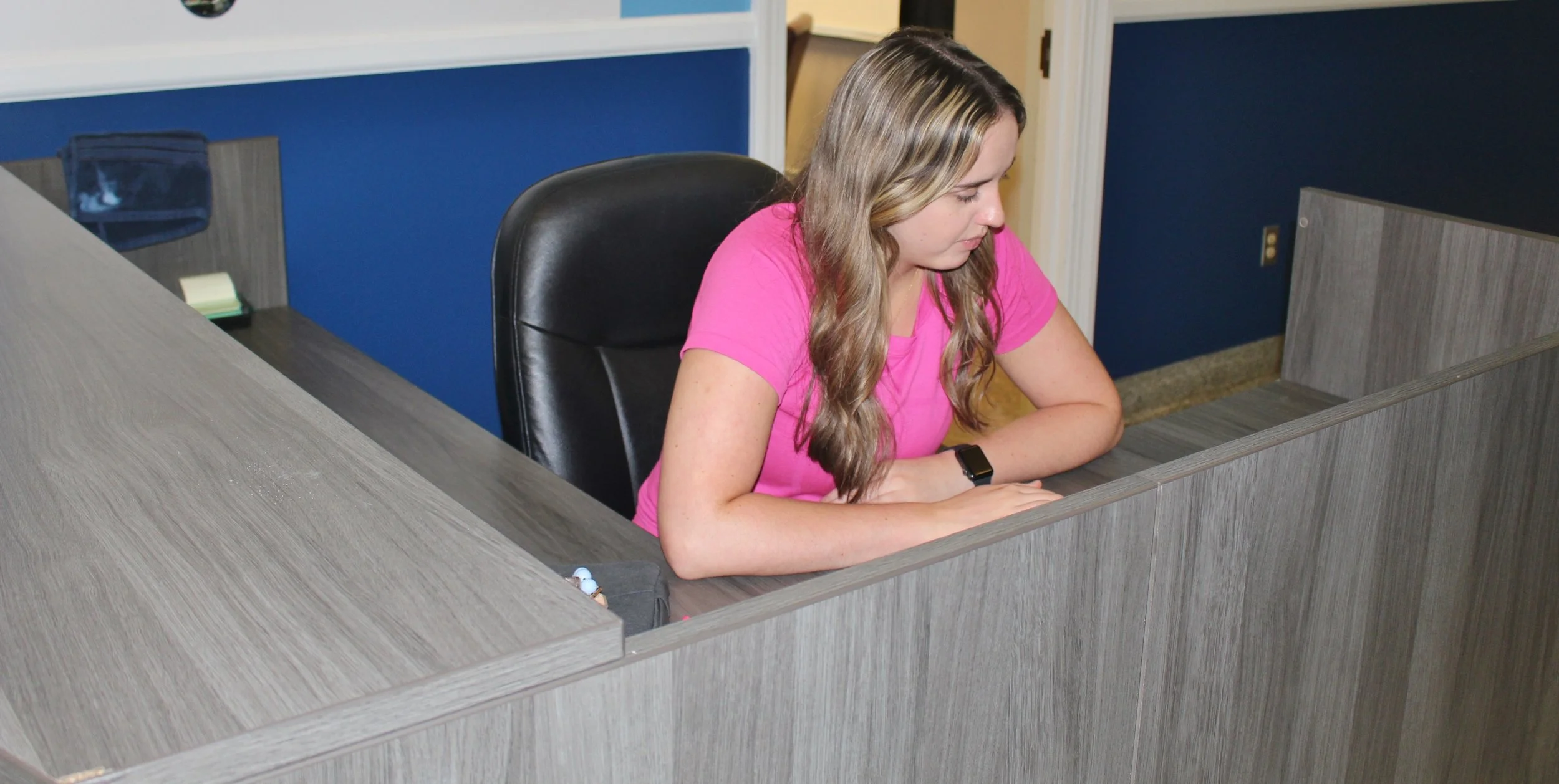Jodi Everett
Assistant Editor
Freshmen struggling to adjust to college life is not unheard of — between changing environments, harder classes and busier schedules, it is only natural to feel isolated. This struggle isn’t just limited to freshmen, though. There are many upperclassmen who may feel disconnected from campus life but have no idea how to gain that connection.
Students who face these struggles may think that they have to suffer alone. The reality is that services are available, and students just have to make the effort to find them. One of the specific services offered on campus is peer mentoring. Peer mentors are available in the Fant Memorial Library to help students through difficult course material in a variety of subjects. However, peer mentoring is not as simple as subject specific tutoring.
Alexis Cameron, the Anatomy and Physiology mentor, does not believe peer mentoring is just about reteaching courses.
“It’s not necessarily tutoring; it’s more so helping and guiding. We help people find better study habits, give them study tips, and work with them through their courses,” said Cameron.
She takes the lessons given by the professors and helps simplify the coursework for her mentees. She emphasizes the importance of students learning their study style.
“One of the most common struggles I see is that people don’t know how to study for their classes. A lot of people didn’t have to study in high school, so they don’t have study habits. I was like that as well. I didn’t have study habits, but once I got to college I was able to figure out what I needed to do. That’s why I try to help people find their study habits because not everybody will have the same one,” said Cameron.
She understands that not all students learn the same way, therefore she accommodates her lessons to help students have a better understanding of the course material. By helping them develop these habits, Cameron is able to help them develop a love for learning.
However, peer mentoring is not limited to Fant Memorial Library. In fact, the Ida E. Gordy Honors College offers its own peer mentoring program to incoming freshmen honors students. This program pairs freshmen with an upperclassmen honors student who helps them adjust to campus life. Honors peer mentor Mackenzie Pearce believes in the importance of self-care among students.
“I think the most common struggle I see among freshmen across campus is getting involved in too much too quickly or not getting involved at all. You have to find what works for you.”
While it is important for students to put themselves out there, it is equally important for students to recognize their own limits and partake in self-care practices such as reading, playing video games or even just sleeping. Additionally, as an honors peer mentor, Pearce helps freshmen with their transition to campus. This includes meeting for coffee, texting throughout the semester and overall giving advice to struggling students.
“I think it’s most important for students to know they belong here and that they are not alone in their struggles. There is always someone there to help. You just have to be willing to reach out,” said Pearce.
By having these connections, students are more able to make the MUW campus feel like home.
A few lucky students get the opportunity to experience the best of both worlds. For instance, Autumn Bigham is both an Intermediate Math and College Algebra mentor and an honors peer mentor. The biggest struggle she sees within her mentees is disbelief in their own abilities and a lack of adjustment to the campus community.
“I think most of the time students have this belief that they can’t do math because they didn’t understand it in high school, and they were only taught one way. So being able to teach them that there’s more than one way and that they can do it is important to me,” said Bigham. “Just getting adjusted to college life in general is hard. This semester in particular because we had W Books, which caused a lot of confusion in the beginning of the semester. A lot of students were confused as to how to get their materials and things like that.”
Through understanding her mentees’ struggles with self-doubt and adjustment, Bigham is able to help build confidence and compassion within her students. She believes the most important part of any peer mentoring position is the connections one can make. By understanding parts of her mentees’ academic and personal backgrounds, Bigham is able to build lasting relationships with her students.
“I feel like students benefit from knowing that there’s someone [on campus] who understands their struggles.”
This mutual trust not only allows for a better learning experience, but it also builds a lasting relationship between mentor and mentee.
By highlighting trust, communication and connection in their relationships to their mentees, peer mentors are able to push students farther in their college careers. If you or someone you know is interested in peer mentoring, peer mentors are available in the front lobby of Fant Memorial Library Monday through Friday. You can also visit https://www.muw.edu/ssc/academics/mentoring/ for more information.

